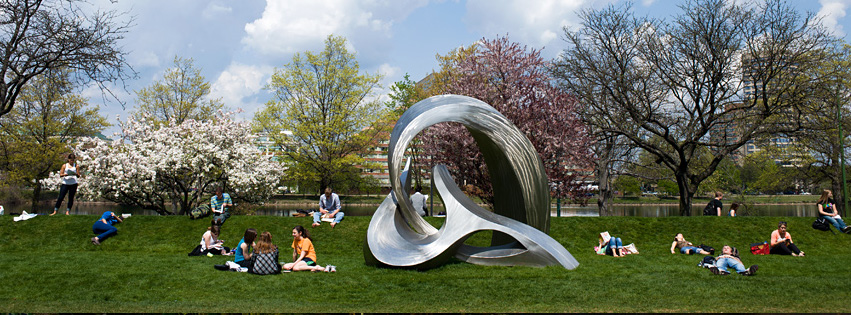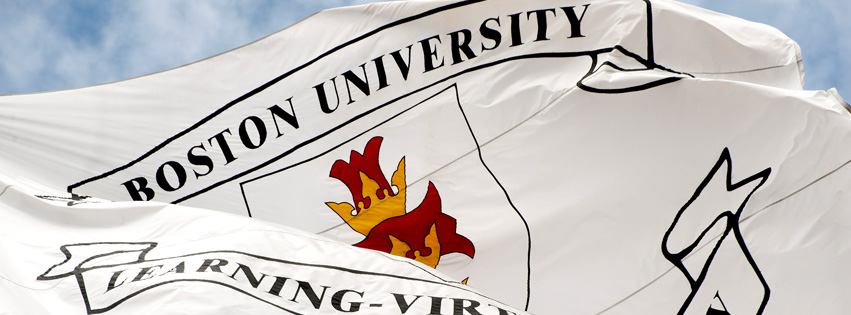Suspension or Termination for Cause
When there is an allegation of gross neglect of duty or other applicable cause, including but not limited to:
- substantial and manifest neglect of professional or institutional responsibilities;
- demonstrated incompetence which substantially impairs the individual’s fulfillment of professional or institutional responsibilities;
- dishonesty in teaching, research, scholarship, or other academic responsibilities;
- personal conduct which substantially impairs the individual’s fulfillment of professional or institutional responsibilities;
- violation of University policy; or
- illegal activities;
the University may initiate suspension or termination proceedings in accordance with the following procedures:
A. Preliminary Proceedings
The appropriate administrative officers shall discuss the matter with the faculty member. If a resolution is not achieved, the University Provost shall form an ad hoc committee of three (3) faculty members from the Standing Hearing Committee referenced in Section D. The committee shall attempt to effect a settlement and, if unsuccessful, shall make a recommendation as to whether formal proceedings should be instituted. The committee’s responsibilities must be discharged within thirty (30) days of its formation. If the committee recommends the institution of proceedings, or if the University Provost — even after considering a recommendation of the committee that proceedings not be instituted — decides that proceedings should be undertaken, action shall be commenced under the procedures which follow. Except when there is disagreement, a detailed statement of the grounds for the proposed suspension or termination shall then be jointly formulated by the University Provost and the faculty committee; if there is a disagreement, or the committee has failed to make a recommendation within the thirty (30) day time limit, the University Provost may formulate the statement.
B. Commencement of Formal Proceedings
The University Provost shall start formal proceedings by transmitting a copy of the statement to the faculty member, and a notice informing the faculty member that, if the faculty member so requests, a hearing to determine whether suspension or termination should be imposed will be conducted by a faculty Hearing Committee no sooner than twenty (20) nor more than sixty (60) days from the date of receipt of the notice. The notice shall be sent to the faculty member by a method for which receipt may be confirmed. The faculty member shall indicate in writing within fourteen (14) days of receipt of the notice whether or not the faculty member wishes a hearing. If the faculty member does not respond in a timely manner or indicates that they do not wish a hearing, the University Provost’s recommendation regarding finding and sanction shall be forwarded to the President under Section G.
C. Suspension of Faculty Member
Suspension of the faculty member during the procedures is justified if, in the opinion of the University Provost, harm to the faculty member or to others is threatened by the faculty member’s continuance. Any such suspension shall be with pay.
D. The Standing Hearing and Hearing Committees
Annually, the University Provost and the Chair of the Faculty Council by mutual agreement will appoint a Standing Hearing Committee, members of which shall not serve more than four consecutive years. The Standing Hearing Committee will consist of at least twelve faculty members (including any department chairs and Deans), holding Tenure or faculty members who have served in a full-time capacity on a continuous basis for eight years or more, with no undue representation from any School or College, and who are held in high regard in the academic community. The Standing Hearing Committee will elect its own chair, who will report annually to the University Council. This annual report will provide a summary of the matters that came before the Standing Hearing Committee and the disposition of those matters consistent with any confidentiality requirements.
A Hearing Committee of five (5) faculty members shall be formed from the membership of the Standing Hearing Committee to consider the particular case. The Faculty Council and University Provost shall each select two members, and the Chair of the Standing Hearing Committee shall select one member of the Hearing Committee. No Hearing Committee member may be in the same department (or school or college for units without departments) as the faculty member under review, and no Hearing Committee member should have any other conflict of interest that would call into question their objectivity. The Hearing Committee shall elect its own chair.
E. Hearing Committee Procedures
The Hearing Committee shall proceed by considering the statement of grounds for suspension or termination and the faculty member’s written response.
If any facts are in dispute, the testimony of witnesses and other evidence concerning the matter shall be received.
The University Provost may designate an appropriate representative to assist in presenting the charges, but the committee shall determine the order of proof, conduct the questioning of witnesses and, if necessary, secure the presentation of any information deemed important to the case.
The faculty member shall have the option of assistance by counsel. The committee may require the production of documents or the attendance of witnesses. The faculty member or the faculty member’s counsel and the representative designated by the University Provost shall have the right to question all witnesses who testify orally. The faculty member shall have the opportunity to be confronted by all witnesses adverse to him/her. Where for unusual reasons deemed appropriate by the committee a witness cannot appear, the identity of the witness as well as the witness’ statements shall be disclosed to the faculty member. Subject to these safeguards, statements may, if necessary, be taken outside the hearing and be reported to the committee. The hearing shall be electronically recorded and any party may obtain a copy at the party’s expense. While every effort shall be given the faculty member to fully respond to the charges, the hearing shall be conducted in an informal manner reasonably calculated to ascertain the truth and shall not be limited by formal rules of evidence or other restrictions usually employed in legal proceedings. Further, the Chair of the Hearing Committee controls the conduct of the hearing, and may, for example, limit questioning and/or provide in advance of the hearing the ground rules for its conduct to each party.
F. Consideration by Hearing Committee
The Hearing Committee shall reach its decision on the basis of the record after extending a reasonable opportunity to the faculty member or the faculty member’s counsel and the representative of the University Provost to argue orally before it. The committee may request written presentations. The committee will issue its decision within fourteen (14) days of the conclusion of the hearing. It shall make explicit findings with respect to each of the charges presented and, if warranted, recommend suspension, termination, or other appropriate discipline. The faculty member and the University Provost shall be notified of the decision in writing.
G. Consideration by the President
The University Provost’s recommendation and report of the Hearing Committee or, in a case in which the faculty member has waived the right to a hearing, only the recommendation of the University Provost shall be transmitted to the President. The President may adopt the Hearing Committee’s report and recommendation or the recommendation of the University Provost. The President may impose a sanction no harsher than that recommended by the University Provost. The President may also choose to terminate the proceedings without imposing a sanction. The President’s decision is final.
H. Publicity
Except for such simple announcements as may be required covering the time of the hearing and similar matters, public statements about the case by either the faculty member or administrative officers should be avoided until the President’s final decision which shall include a statement of the Hearing Committee’s findings, if this has not previously been made known. Any official news release to the public shall be made through the University Provost’s office.
I. Allegations of Misconduct in Scholarship and Research
When allegations of misconduct in scholarship or research have been made against a faculty member, the allegations shall be investigated using the procedures set forth in the University’s Research Misconduct Policy. The University Provost’s finding of research misconduct shall not be revisited by the Hearing Committee considering a faculty member’s suspension or termination for cause, but the committee shall, after providing the faculty member an opportunity to be heard pursuant to Section E, recommend an appropriate sanction, which may be suspension, termination, or other appropriate discipline.
J. Allegations of Unlawful Discrimination of Harassment
When allegations of sexual misconduct or unlawful discrimination or harassment have been made against a faculty member, the allegations shall be investigated using the procedures set forth inthe then current University procedures for the resolution of sexual misconduct, unlawful discrimination, and harassment complaints against faculty as administered by the Equal Opportunity Office or its equivalent. A finding of misconduct made pursuant to these procedures shall not be revisited by the Hearing Committee considering a faculty member’s suspension or termination for cause, but the committee shall, after providing the faculty member an opportunity to be heard pursuant to Section E, recommend an appropriate sanction, which may be suspension, termination, or other appropriate discipline.
K. Lesser Forms of Discipline
This policy and several others in the Faculty Handbook provide specific procedures for review and/or appeal of disciplinary actions. Yet on occasion, lesser forms of discipline are required which fall outside these policies. The deans, chairs, and other administrators can explain the procedures that are followed in such cases, and the reasons for them.
L. Lesser Forms of Discipline
This Policy does not limit the University’s right to address a Faculty member’s physical and mental ability to safely, effectively, and productively perform the essential functions of their job with or without a reasonable accommodation, under the Fitness for Duty Policy, any applicable collective bargaining agreement, applicable law, or University policy.
Adopted April 18, 2007, by the University Council.
Updated May 5, 2015, April 16, 2024, and April 15, 2025.




